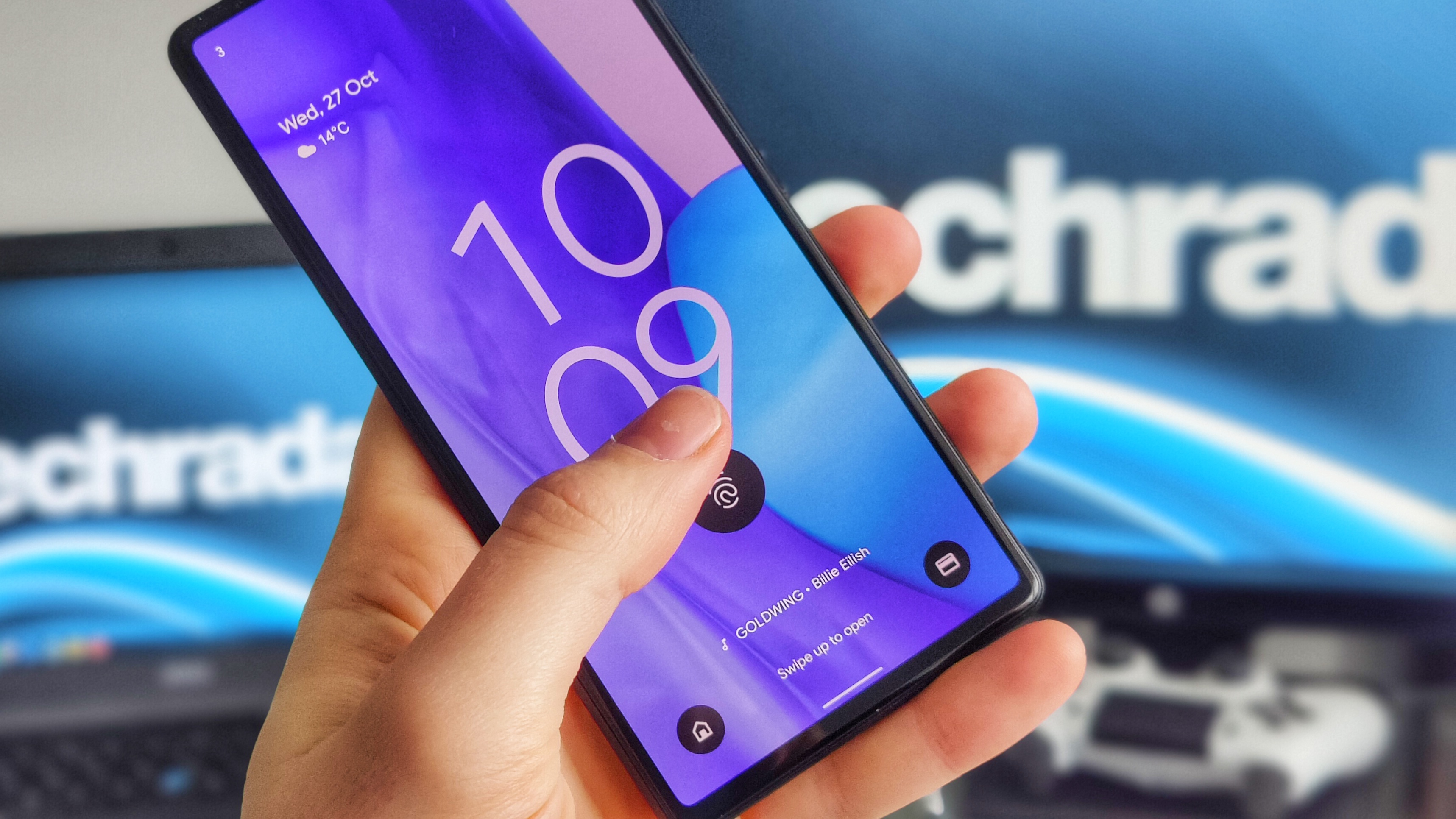Pixel 6 fingerprint scanning woes? Google wants you to moisturize
Google explains why its fingerprint unlock may be slow

Since its recent launch, the Pixel 6 range has experienced poor fingerprint scanning performance, and now Google has shed a little light on why its biosecurity feature may act a little more slowly than expected.
Google's official Twitter account replied to a tweet that complained about the Pixel 6's under-display fingerprint scanner being inaccurate, with the tech giant citing its "enhanced security algorithms" as being responsible for slower fingerprint recognition.
We're sorry for the hassle. The Pixel 6 fingerprint sensor utilizes enhanced security algorithms. In some instances, these added protections can take longer to verify or require more direct contact with the sensor. Try troubleshooting steps: https://t.co/uTbifE5Uyo. Thanks. ^LeviNovember 6, 2021
As can be seen from the tweet, Google claims that "these added protections can take longer to verify or require more direct contact with the sensor", before pointing the original poster to its troubleshooting page.
This page provides some more obvious solutions, such as ensuring you have the latest version of Android, that you press and hold your finger firmly on the sensor, and that you're using one of the fingers you've actually enrolled for biometric security.
Among the list of remedies, Google also suggests that you make sure the display itself is clear of dirt and smudges, and that "If you have excessively dry fingers, moisturize or re-enroll fingerprint".
Actual solutions?
While Google's troubleshooting page may help address some of the simplest issues faced by users struggling with the Pixel 6's fingerprint scanner, it's clear from customer feedback that the problem can't simply be addressed with some moisturizer.
The Pixel 6 and Pixel 6 Pro are the first flagships from Google to use the tech giant's own Tensor processor, which has an integrated security core, alongside the newer version of the dedicated Titan M2 security chip.
Sign up for breaking news, reviews, opinion, top tech deals, and more.
They're also the first of the tech giant's phones to feature under-display fingerprint scanning, and while other flagships like the Samsung Galaxy S21 use ultrasonic tech for speedier unlocks, Google employs an optical scanner, a technology which has been demonstrated to offer slower performance on the whole (albeit with its own issues).
It's also less secure than ultrasonic tech, in that it only scans a 2D image of your digit, missing out on measuring the depth of your fingerprint grooves.
With that said, if Google's claim that the cause for delays and inaccuracies in scanning are due to its newly employed security measures, there's hope yet that this can be optimized via software or firmware updates, although there's no changing the hardware reality of the new Pixel range's optical scanners.
TechRadar has reached out to Google about the issue, asking if there are any proposed solutions in the pipeline, and while we're yet to hear a response, we'll update the story when we receive one.
